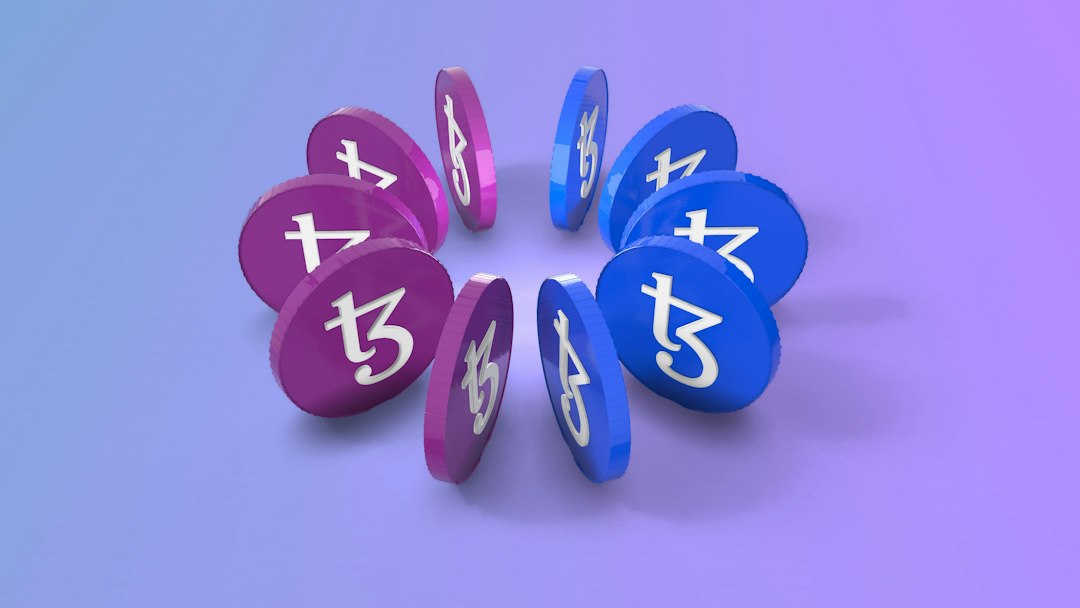Understanding the Key Features of Node.js
If you’re interested in cryptocurrencies and blockchain technology, it’s important to understand the fundamentals of Node.js. Node.js is a runtime environment that allows you to run JavaScript code on the server-side. In this article, we’ll explore the key features of Node.js and how they relate to the world of cryptocurrencies.
What is Node.js?
Node.js is built on top of the Chrome V8 JavaScript engine and provides a lightweight and efficient platform for running server-side applications. It allows you to utilize JavaScript for both frontend and backend development, making it a versatile tool for building web applications.
Why should you use Node.js for cryptocurrency development?
Node.js has gained popularity in the cryptocurrency space due to its ability to handle a large number of concurrent connections and perform asynchronous operations efficiently. This makes it well-suited for building real-time applications such as cryptocurrency exchanges or trading platforms.
Non-blocking I/O and event-driven architecture
One of the key features of Node.js is its non-blocking I/O model, which allows the server to handle multiple connections simultaneously. Traditional server-side technologies such as PHP or Java typically follow a blocking I/O model, where requests are processed one at a time. With Node.js, multiple requests can be processed in parallel, leading to better performance and scalability.
The event-driven architecture of Node.js complements its non-blocking I/O model. Instead of waiting for a response from a resource, Node.js registers an event listener and continues to execute other tasks. When the response is ready, the corresponding event is triggered, and the callback function is invoked. This makes it easy to handle real-time updates and perform tasks such as streaming data from a blockchain network.
NPM – the package manager for Node.js
Node Package Manager (NPM) is an essential tool in the Node.js ecosystem. It allows you to manage dependencies and install reusable packages for your projects. The cryptocurrency community has embraced NPM, and you can find numerous packages related to blockchain development. Whether you need to interact with a cryptocurrency API, implement encryption algorithms, or build a decentralized application, chances are there’s already a package available on NPM that can help you.
Building RESTful APIs with Express.js
Express.js is a popular web framework that leverages the features of Node.js to build robust and scalable RESTful APIs. RESTful APIs are a crucial component of many blockchain applications as they provide a way to interact with the underlying infrastructure. With Express.js, you can easily define routes, handle HTTP requests, and deploy your APIs in a matter of minutes. It also provides middleware support, allowing you to add authentication, logging, or request validation to your APIs.
Real-time communication with Socket.IO
Real-time communication is essential for applications such as cryptocurrency trading platforms or decentralized exchanges. Socket.IO is a library that simplifies real-time communication between the server and the client. It uses WebSockets to establish a persistent connection and enables bidirectional data transfer. With Socket.IO, you can easily implement features such as live price updates, real-time order book syncing, or chat functionality in your cryptocurrency application.
Serverless computing with AWS Lambda
AWS Lambda is a serverless computing service provided by Amazon Web Services. It allows you to run your code without provisioning or managing servers. This can be particularly useful for cryptocurrencies as it eliminates the need to worry about server infrastructure and provides automatic scaling. You can build serverless applications using Node.js and take advantage of services like AWS DynamoDB for database storage or AWS S3 for file storage.
Conclusion
Node.js is a powerful runtime environment for building cryptocurrency applications. Its non-blocking I/O, event-driven architecture, and extensive ecosystem of packages make it an ideal choice for blockchain development. With tools like Express.js, Socket.IO, and AWS Lambda, you can easily build scalable, real-time applications to engage with the world of cryptocurrencies.
Frequently Asked Questions (FAQs)
Q: Can I use Node.js for mining cryptocurrencies?
A: No, Node.js is not suitable for mining cryptocurrencies as it relies on the CPU, and mining requires specialized hardware (ASICs) to perform the complex calculations efficiently.
Q: Is Node.js secure for handling cryptocurrency transactions?
A: Node.js itself doesn’t provide built-in security features. However, by following best practices such as input validation, encrypted communication, and secure storage of private keys, you can build secure cryptocurrency applications using Node.js.
Q: Are there any disadvantages to using Node.js for cryptocurrency development?
A: Node.js may not be the best choice for computationally intensive tasks like cryptographic operations. In such cases, leveraging specialized libraries or offloading the computation to external services might be more efficient.
Q: Can I use Node.js to develop smart contracts on blockchain platforms?
A: While Node.js is not the primary language for writing smart contracts on platforms like Ethereum (which typically use Solidity), you can use Node.js to interact with smart contracts by leveraging libraries like Web3.js.





 By
By
 By
By
 By
By

 By
By
 By
By